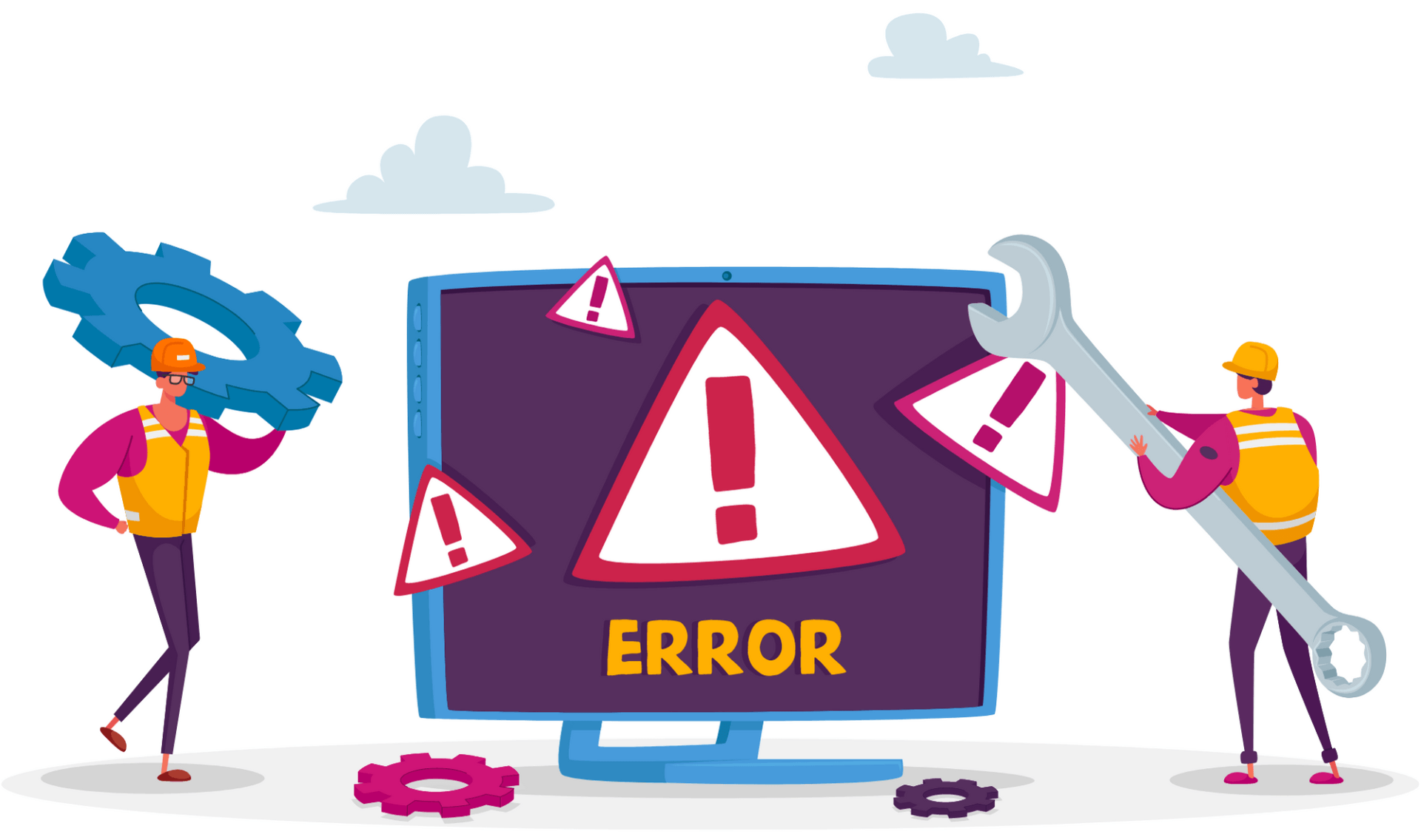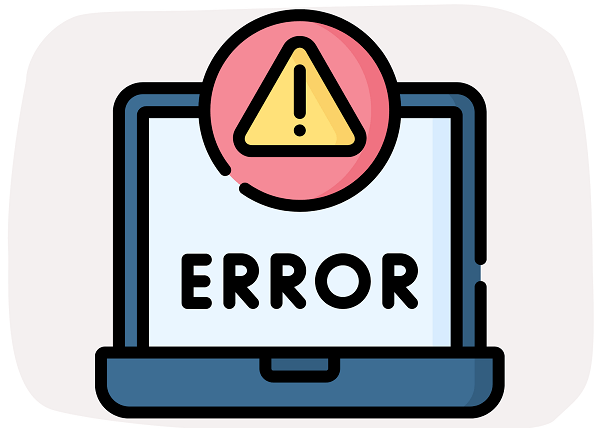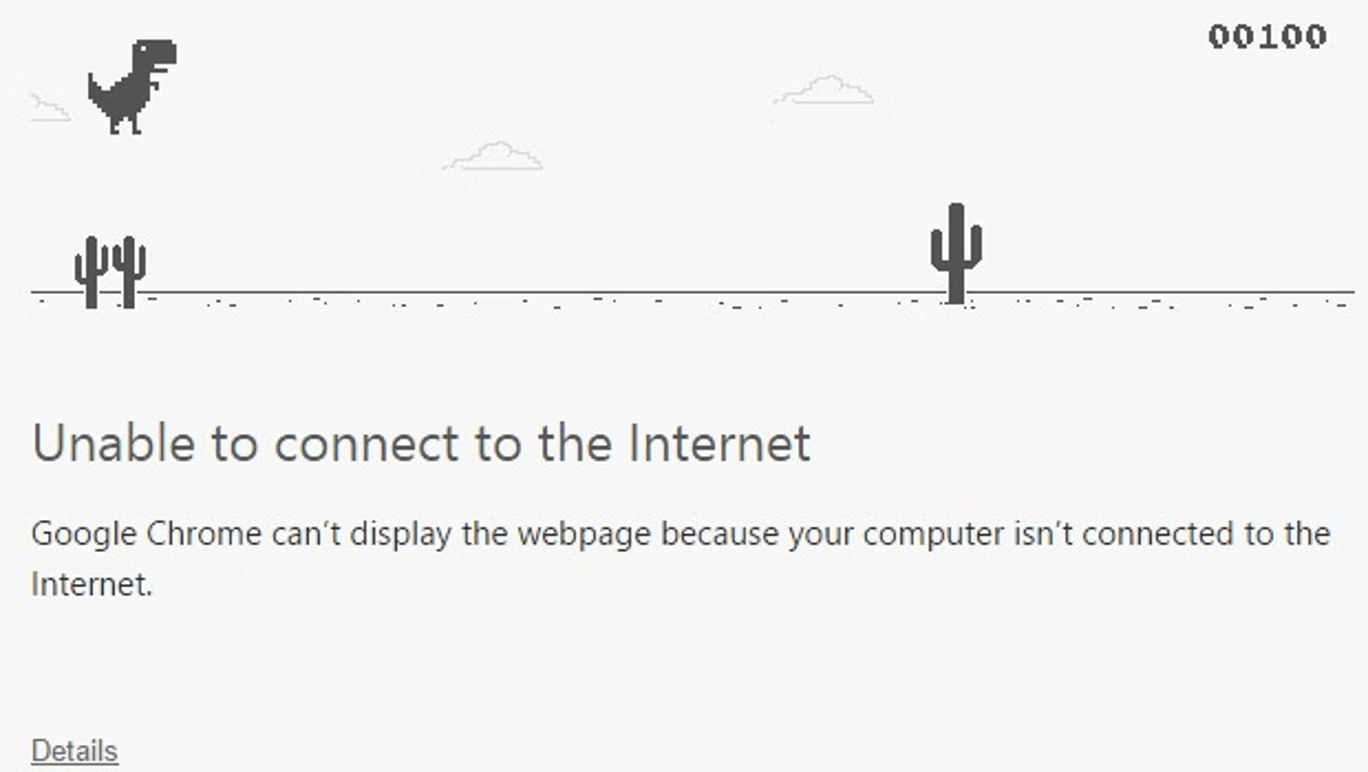What Happens When My Website Goes Down?
Occasionally, we get a panicked call from a client telling us their website is down. Naturally, these clients want to know what caused the problem and more importantly, how to fix it. But a website crashing is similar to a car breaking down; the cause isn’t the same every time and the necessary repairs depend on a variety of factors.
What Causes a Website to Crash?
There are many issues that can lead to a website crashing. Some of the most common ones we see include:
An Expired Domain: To keep your site up and running, your domain needs to be renewed on a yearly basis. If you forget to renew your domain, your site could go down until you pay the associated fees.
The minimum renewal period is typically one year. However, depending on where you purchased your domain initially, you may be able to renew for periods of time longer than a year. If you have the option, we highly recommend registering your domain for 5 or 10 years at a time to reduce the chance of it expiring.
Code Errors: Code errors are most often caused by outdated plugins (WordPress, Joomla) or someone working on the site and making an error.
Server/Hosting Provider Error: The hosting provider is where your website actually "lives." It's where the files, images, and code for your website reside. If the hosting site is experiencing technical issues, running scheduled maintenance, or even experiencing inclement weather in their area, it could affect your site’s performance or cause it to crash completely.
DDoS Attack on Website Host: A DDoS attack (denial of service attack) is an attempt to make an online service unavailable by overwhelming it with traffic from multiple sources. While this rarely happens to small businesses, it can affect smaller websites that share the same server as a website that's getting attacked.
Malicious Hackers: Unfortunately, many hackers out there will attack a site simply because they can. According to one report, 42% of small business websites experienced some sort of cyber attack last year. In other words, if your website isn’t highly secure, you run the risk of being hacked; even then, there's still a risk.
An Unmaintained Website: The platform that runs your website, like WordPress, Joomla, or Duda, is constantly being updated for security and improved functionality. Usually, these updates happen behind the scenes. But sometimes you'll need to deploy these updates on your own site. If you don’t keep up with required updates, you're increasing the chance your site will crash. Outdated websites are far more likely to have problems than new, updated sites. And if your site isn’t regularly maintained, a simple change could cause the whole thing to go down.
How to Tell Why a Website is Down
If you find that your website isn’t working properly, the first step is to check on one or more other devices to make sure the problem isn’t just occurring on your own browser or computer. People sometimes think there’s an issue with their site, only to later realize their internet connection isn’t working or a router cord came unplugged. (Don't worry, it happens to the best of us!)
The next step is to see if you can determine the cause on your end, without tech support intervention. Some browsers or websites will give you an idea of what the issue is based on the message that appears on your screen. If you can pinpoint the issue, you’ll be able to get it resolved faster. If you’re unsure of what the issue is, contact your IT support or website manager immediately to make them aware of the issue.
While your website is getting fixed, let your customers know you’re aware of the problem and working to get it resolved. It's also a good idea to add a quick update on your company's social feeds, letting people know your site is briefly unavailable and providing them with alternative contact methods.
What You Shouldn't Do
You have a wealth of information available to you these days, all accessible via a quick Google search. You're sure to find hundreds, maybe thousands of sites that promise to walk you through troubleshooting your website issues, guide you through the process of correcting errors, or even show you how to make highly technical changes to your site.
But beware. The validity of the information on these sites isn't always certain.
Unless you're already knowledgeable about website management and your site's specific platform, you could cause more harm than good when you tinker with things behind the scenes.
It's best to steer clear of anything beyond minor updates without the involvement of a professional.
What Can You Do in the Future?
The best way to reduce your website's downtime is to partner with a company you can trust to handle your hosting and maintenance for you. When you work with a team like Locallogy, you can rest assured that if your website does go down, we work diligently to get it back up and running as soon as possible. We actively maintain our websites and ensure that any issues are tackled quickly and efficiently by our team of professionals.
Get the Latest Content in Your Inbox
Want to be the first to know about new content? Sign up to get our weekly blog posts sent to your email!









